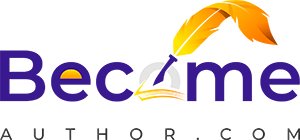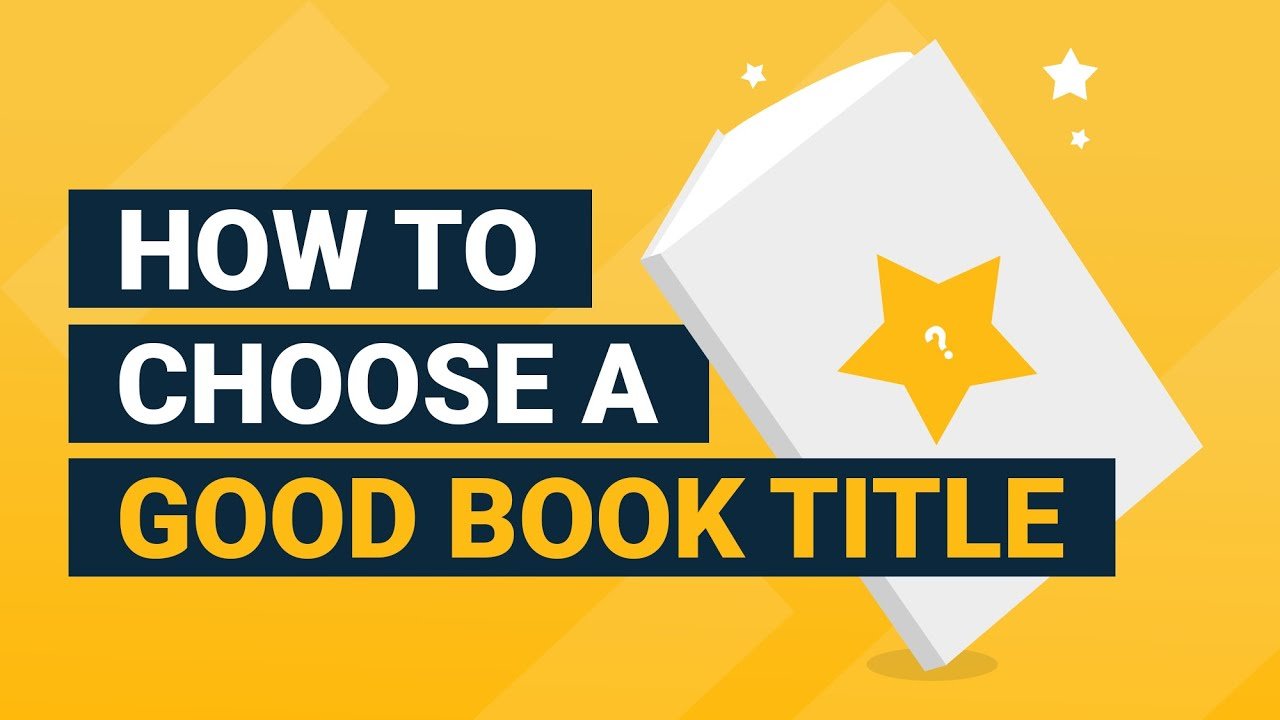You want to publish your book, but wait, you haven’t even started! Hell, you haven’t even decided what to write on…
When you have to choose a topic for your book, there are a few factors to consider. We’ve had clients come up to us with the goal to publish a book but they aren’t sure of the topic. It’s not all black and white in this scenario. Some people know right off the bat of the book they wish to write. While some, in the hopes of externalising their name want a book out and authored by them.
Let’s say, a business owner wants to talk about his or her experiences of working in a specific industry. So, the business owner knows that a book should be published on the art of doing business in that industry. However, there are some businesses out there that are advised by advertising or marketing experts that publishing a book would be good for business. But the topic is undecided, which means the business owner has to put their head together with the marketing experts to make a topic decision.

In this blog, we’re going to help you with a step-by-step guide on how to choose a topic for your book.
Choose a topic for your book – A Step-by-Step Guide
First things first, you need to understand that each step towards building a topic for your book is like a hierarchy. You can’t jumble up the steps, they have to be in a certain order, which is what we’ll reveal to you now.
Step 1 – Discover the goal behind writing your book
What is your goal? Why do you want to write a book? It has to be a purpose-driven goal, which means that your journey should not end once the book is published. Your goal should transcend self-interest and look towards transforming certain aspects of the readers’ lives, if not entirely.
For instance, you want to write a book about your experiences as a professional in your career. You’ve had 15 or 20 years of work experience, and the knowledge you’ve gained is not going to be found in college or university textbooks. This means that apart from archiving your milestones and recording your experiences, you want to reveal more. You want to expose the hidden and secret gems of succeeding through the steps of perseverance that you developed over the years.
So, ideally, your goal is to give your readers something valuable, something that can help them decide on a course for their career path.
‘A Whale of a Mistake’ by Ioana Hobai talks about how one can learn from mistakes and process them, and how to overcome them from weighing you down. It’s a book that millions of readers can benefit from because we all know how we allow our complex problems to weigh us down.
Step 2 – Who are you writing to?
Once you have your goal in mind, it won’t be difficult to take this step, that is, deciding your audience. Taking the same example of providing valuable experience and expert tips to professionals in a particular field, we can get more specific. Let’s say, the field is AI and Automation, which is a fairly trending and emerging industry for many aspiring tech professionals. In the years of experience and understanding you’ve gained; you want tech and software professionals to read your book.
And there you have it, an audience to write to!
Step 3 – You’re already there, you have a topic in mind, now confirm it
You want to be absolutely sure that the topic you select isn’t something that will lose your interest. While this situation is taken care of in the first step, it is recommended to give it a few days to let the topic marinate. It is also recommended to research what other people like yourself have written on the same topic as yours.
So, ask yourself these three turning-point questions, and work towards answering them:
- Is my topic a suitable choice?
- How many people have already written on a similar or the same topic?
- Have they given the same perspective as I have?
These questions should help you sum it up, and figure out whether your topic selection is worth it. If not, go back to step 1 and repeat! Once you believe in the topic you’ve selected, you then learn how to write a book.
So, we hope these three steps guide you in your journey toward selecting an appropriate topic for your book.




